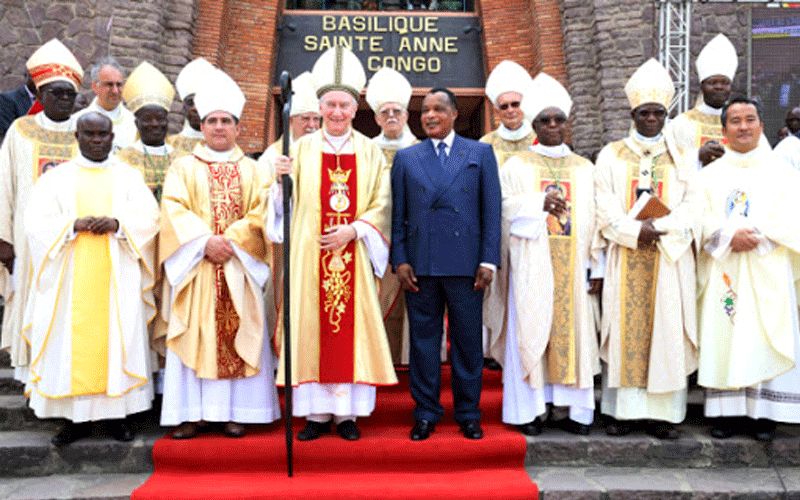Brazzaville, 28 July, 2020 / 8:50 pm (ACI Africa).
Catholic Bishops in the Republic of the Congo (Congo Brazzaville) have decried the decline in education standards in the Central African nation, which they say, trains “people who are not qualified,” and called on the government to invest in reforming the sector.
The concerns of the Bishops are contained in the July 26 20-page report by the leadership of the Justice and Peace Commission (JPC) of the Episcopal conference of Congo (CEC) titled, "No human capital development in the Congo without recovery of the education system."
Explaining the motivation of compiling the report, the National Coordinator of JPC in Congo Brazzaville, Fr. Félicien Mavoungou has been quoted as saying in reference to the country’s education sector, “We have been living, for some years now, a grave injustice in the Republic of Congo.”
Unlike previous years when many from different African countries flocked to the country seeking quality education, today for “many reasons,” Fr. Felicien has noted, “We train people who are not qualified or who are very poorly qualified,” a weakness “reflected in the country's political system.”
“The Church in Central Africa, and more precisely in the Republic of the Congo, has been advocating for the improvement of the living conditions of the people,” Fr. Felicien has said and added, “But how can this be done if human capital is not valued? Today, this development is done mainly through schools.”








